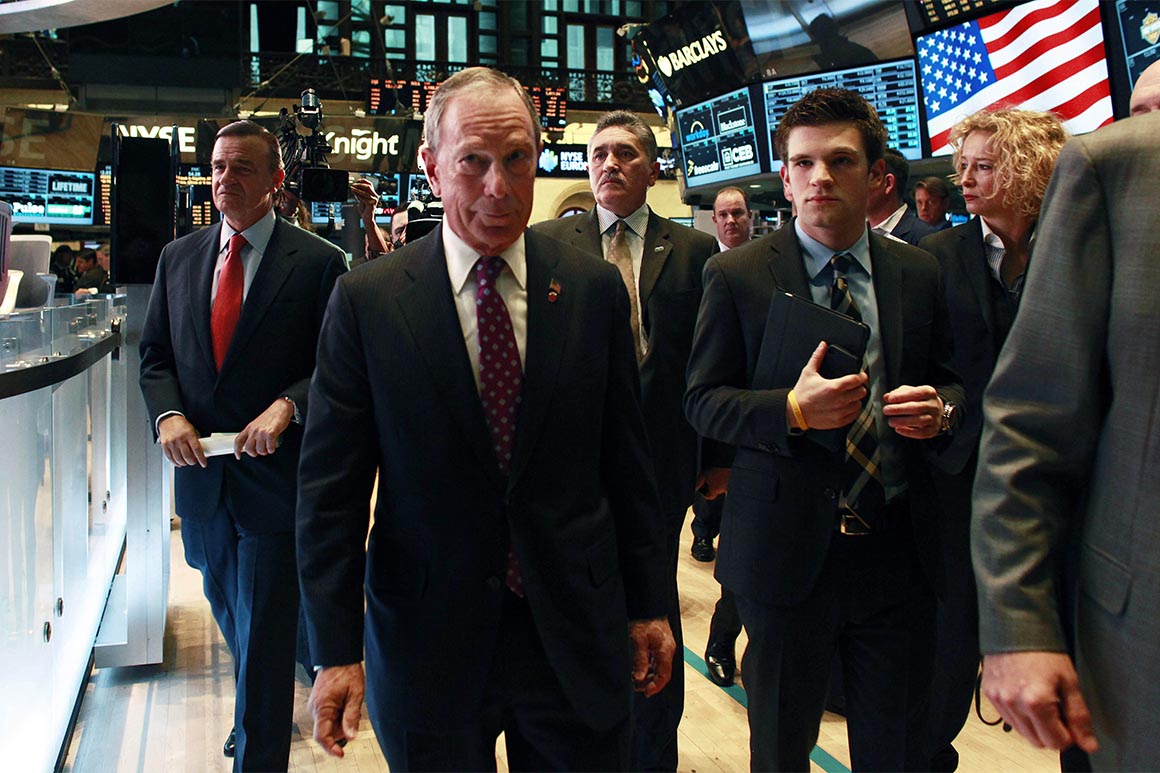While “quiet quitting” was a big topic in 2022, workplace conditions in America have worsened since then. Gallup’s survey found that engagement at work hit an 11-year low in February, with only 30% of U.S. workers fully engaged. Many are trying to understand why this is happening. Is it remote work, layoffs, or a lack of employer loyalty?
A less discussed reason might be the nature of the work itself. Some find their jobs meaningful and fulfilling, while others see them as just a way to pay bills. In a 2021 YouGov survey, only about half of Americans felt their job made a meaningful contribution to the world. This feeling was especially low among millennials and Gen Zers.
A 2021 Pew Research survey asked people worldwide what made their lives meaningful. In countries like Italy, Spain, and Sweden, work ranked high. In Italy, 43% said work was their top source of meaning. Spaniards ranked work higher than family. In the U.S., only 17% saw work as a source of meaning, down from 33% in 2017. More Americans feel their jobs don’t matter.
When people feel their jobs don’t matter, they often feel unfulfilled. The YouGov survey showed that 56% of those who found no meaning in their jobs felt unfulfilled. In contrast, 88% of those who found their jobs meaningful felt fulfilled.
The crisis of work engagement might actually be a crisis of meaning. Research shows that job satisfaction and engagement depend on finding meaning in work. The American Psychological Association reports that people who find their jobs meaningful are more engaged, show up to work more, and are healthier. A 2022 survey by Great Place To Work found higher job satisfaction and staff retention at companies where employees felt their jobs had meaning. Millennials and women were three times more likely to stay at a meaningful job. Gen Zers are more likely to quit jobs they don’t find meaningful.
Some jobs naturally offer a sense of meaning. Healthcare, social assistance, and education workers often find their work meaningful because their tasks impact others. However, sectors like sales, media, communications, and real estate struggle to show their staff that their work matters. Many in these industries call their jobs “fake email jobs,” where tasks involve sending emails without producing anything. An anonymous video producer told Bustle that he spent weeks doing nothing and only stopped because he got bored.
David Graeber coined the term “bullshit jobs” in 2013 for jobs people believe are pointless. In his 2018 book, he listed 21 occupational groups he saw as useless. These included administrative support, sales, business and finance, and management roles. Graeber argued that working a useless job inflicts “profound psychological violence,” removing dignity and fostering “deep rage and resentment.”
Simon Walo, a postdoctoral student at the University of Zurich, analyzed data from a 2015 American Working Conditions Survey. He found that people in Graeber’s job categories often felt their work was socially useless. Other researchers, like Brendan Burchell from the University of Cambridge, argue that these feelings result from a poor work environment, not the job itself. Burchell’s study found that factors like bad managers, lack of connection with coworkers, and whether the employer provides a public good influence job meaningfulness.
A poor work environment can make jobs feel useless. Burchell’s study showed that people who felt respected and encouraged by management were less likely to report their work as useless. Those who felt their jobs were useful could contribute ideas, had enough time to complete tasks, and approved of the company’s direction. Conversely, people felt their jobs were useless when they couldn’t use and develop their skills.
A UK biopharmaceutical worker overseeing clinical trial safety feels his job is important but often pointless due to management issues. He said bureaucracy and paperwork dilute the job’s meaning. Clay Routledge, an existential psychologist, believes making work meaningful should be a top priority for employers. Managers should recognize employees’ contributions and highlight their impact on customers and clients.
When jobs lack meaning, people start looking for the exits. Self-employed workers, who control their time and work, often find their work more useful to society. From 2020 to 2023, the number of self-employed workers in the U.S. rose by 400,000. Americans are also filing 59% more applications to start businesses compared to pre-2020 levels.
Some people pursue meaningful work through different paths, like creative endeavors, family, or community work. Self-employment offers flexibility and an escape from toxic office environments.
Employers need to make work feel meaningful for their staff. Burchell’s study summarized that respectful and supportive managers, opportunities for participation, and time to do a good job reduce feelings of uselessness. Without such improvements, America’s work engagement may continue to decline.




